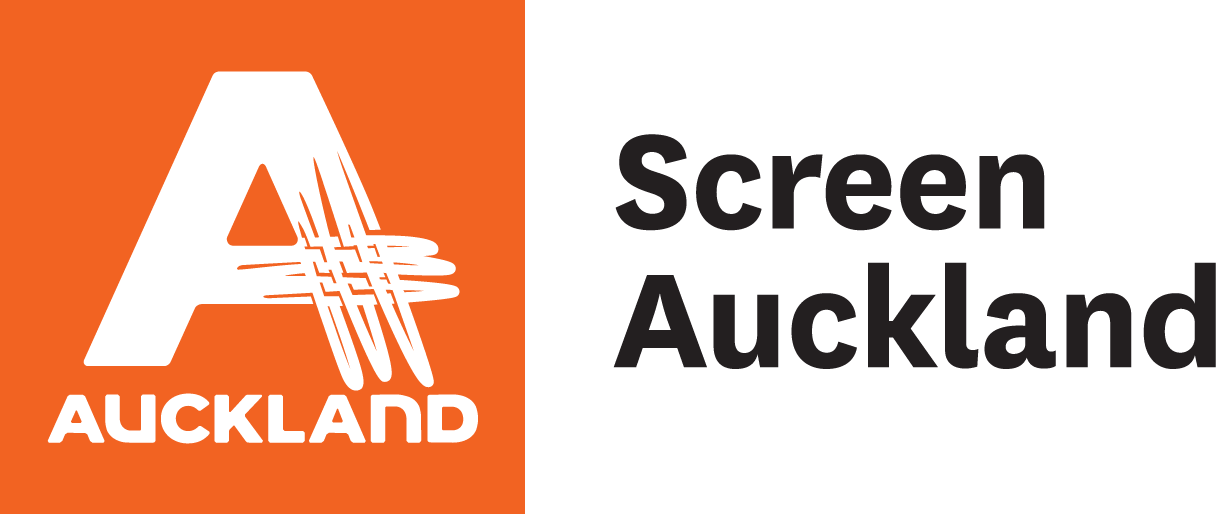While Challenges Beset Global Screen Production, 6,500 Miles South of Hollywood a Tiny Nation Has Led by Example
Rampaging dinosaurs and James Bond aren’t halted easily, but Covid-19 managed that feat. In October shooting of
Jurassic World: Dominion was forced to pause due to on-set tests returning positive for Covid-19. And, evidently, 2020 is no time for
No Time to Die. Release of this title, the 25th in the 007 franchise, has been pushed back to April 2021. There’s even been talk of it going the way of Disney’s
Mulan and debuting on a streaming platform.
The global pandemic has dealt a body blow to the global theatrical exhibition industry, already on the ropes after years of audiences or “content consumers” getting their fix from streamers. It’s long been the crowd-pleasing blockbusters that have enabled cinemas to keep their lights on. Quoting industry players, recent headlines have depicted a high-stakes narrative; “We’ve literally been killed by James Bond”.
Streaming platforms and broadcast networks aren’t immune to the vicissitudes wrought by a pandemic. They too rely on a steady supply of fresh content to service existing subscribers/consumers and entice new ones. Given that it often requires the assembly of hundreds of people working in close quarters, screen production has been testing producers as never before.
6,504 miles south of Hollywood a very different picture has emerged. Identified by business leaders in a Bloomberg Media survey as the country that has had the best response to the coronavirus pandemic, New Zealand is at present home to a thriving screen production sector. Shooting alongside numerous local productions have been such notable US titles as Netflix’s Sweet Tooth and Cowboy BeBop, James Cameron’s recently-wrapped Avatar sequels and Amazon Prime’s The Lord of the Rings series. With a budget north of a billion dollars, Rings will be the most expensive series ever filmed. This sector is, according to NZ Film Commission CEO Annabelle Sheehan, tracking toward a year of peak production. How has this been achieved?
Commencing in late March, New Zealand’s government implemented a nationwide lockdown. The Prime Minister expressed confidence in and deferred to medical and scientific experts. Guidelines and updates were communicated daily via televised press briefings with the Kiwi “team of five million” encouraged to stay safe and be kind to one another.
Testing for Covid-19 was widespread and, for once, the relative isolation of our South Pacific island nation proved advantageous. Quarantine was mandated for all visitors entering the country. The government actioned a wage subsidy for businesses and self-employed contractors (i.e. many screen industry workers). In a further effort to boost activity, it committed additional funds to local screen production. Despite some hiccups at the border and a few small outbreaks, we might as a nation take some pride in how we’ve meet this challenge, head-on.
The screen industry responded with remarkable cohesion. Two significant pan-industry projects had recently drawn together guilds, unions and stakeholders: 1) consultation over a somewhat controversial piece labour relations legislation, known colloquially as “The Hobbit Law,” and 2) preparation of a document describing potential for industrial growth; the Screen Sector Strategy 2030. In short, Covid-19 hit at a time when constructive dialogue was occurring within the field.
Four initiatives proved vital:
1) A Screen Sector Covid-19 Action Group was established, ensuring government messages and guidelines were articulated with maximum clarity. This body served as a conduit for industry-specific information (i.e. financial support for businesses and individuals). Says Action Group chair Felicity Letcher, “We knew that there was going to be a content demand at the tail end of Covid and we wanted New Zealand to be able to be a part of that. We had a really great pipeline of work and we could see the potential of that was even stronger”.
2) Led by ScreenSafe, guilds and unions produced the world’s first government-endorsed health and safety guidelines to facilitate ongoing production in the Covid-19 era. Templates were made available for producers to download.
3) Armed with data from producers, the Film Commission communicated with government to seek “smart border entry”. It was demonstrated that, by allowing a relatively small number of international crew members into the country, hundreds of millions of dollars of production expenditure would flow into the economy. This case was made for both large scale international projects and smaller scale domestic films.
4) With shooting halted indefinitely, it was recognised that the mental health of screen professionals could be at risk. Vista Foundation (a local company specialising in globally-licensed ticketing software) forged an alliance with Home & Family Counselling to sponsor free access to mental health services for all screen industry workers.
A number of challenges remain. For example, in several territories it is proving nigh-on impossible for independent producers to obtain production insurance against pandemics. In the UK and Australia government measures have helped address this obstacle. Elsewhere, not so much.
Production is occurring in various global locations, albeit under onerous health and safety protocols. And, eventually, inevitably, mass vaccination will help facilitate a return to some kind of normalcy. Granted, New Zealand benefited from having manageable borders and a relatively small population. And yet, the greatest advantage NZ enjoyed may have come in the form of responsible leadership coupled with public compliance.
The screen industry itself, a sometimes fractious place of competing interests, managed in this instance to perceive opportunity in trying times. Determined to snatch victory from the jaws of defeat, it moved nimbly and worked collectively. Now seen as a Covid safe haven, New Zealand is home to a booming screen sector with no shortage of “Action!”
-------------------------------------------------------------------------------------------------------------
Dr Gabriel Reid holds a Ph.D. in Film Studies from the University of Auckland and has extensive screen production experience. He sits on the board of Film Auckland (FAI) and is vice-president the Directors and Editors Guild (DEGNZ).
Email: gabriel@pageantfilms.com
IMDB: www.imdb.me/gabrielreid
LinkedIn: Dr Gabriel Reid
Instagram: drgabrielreid
Twitter: @drgabrielreid

